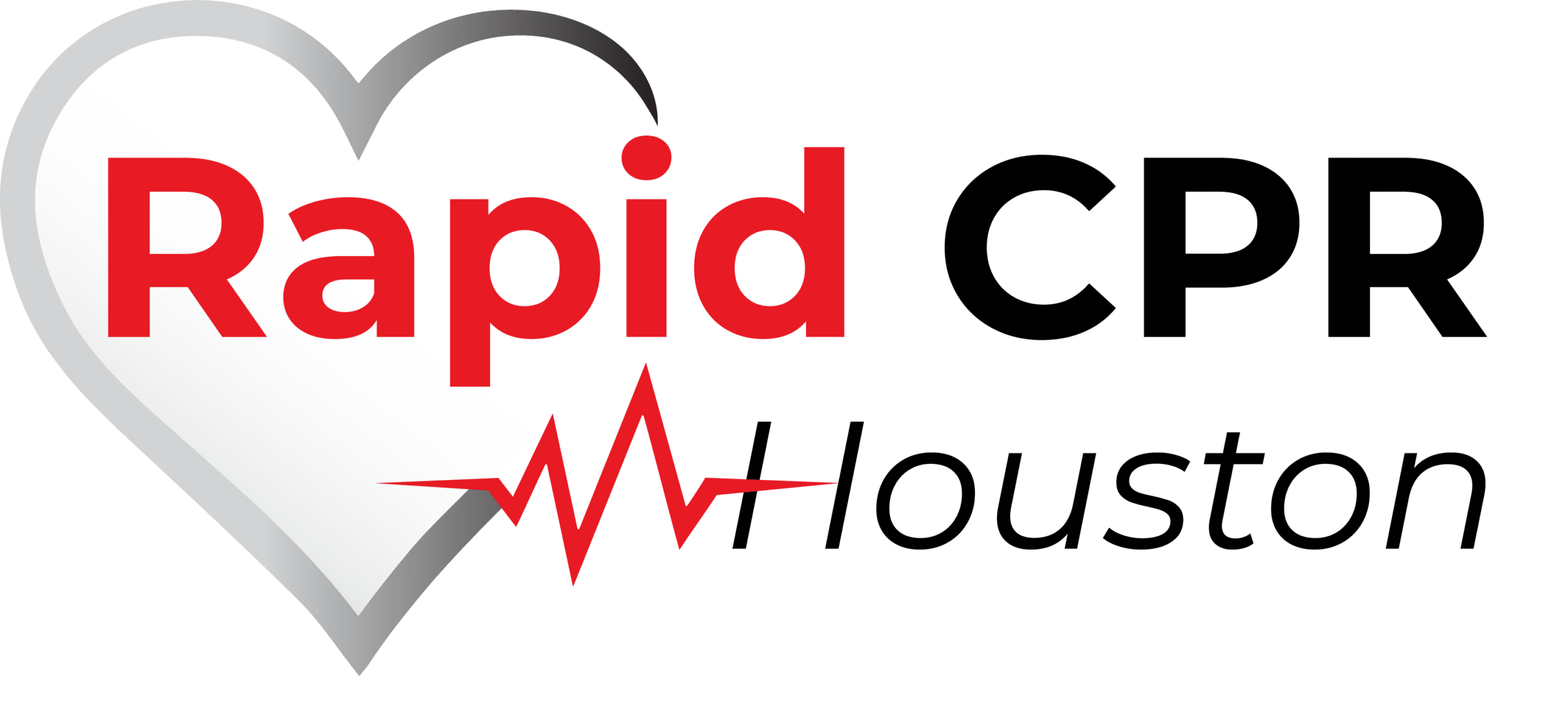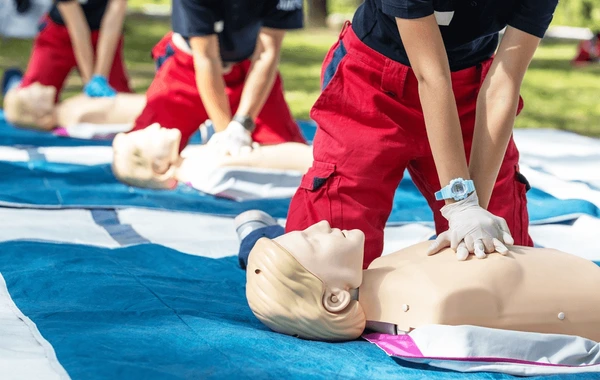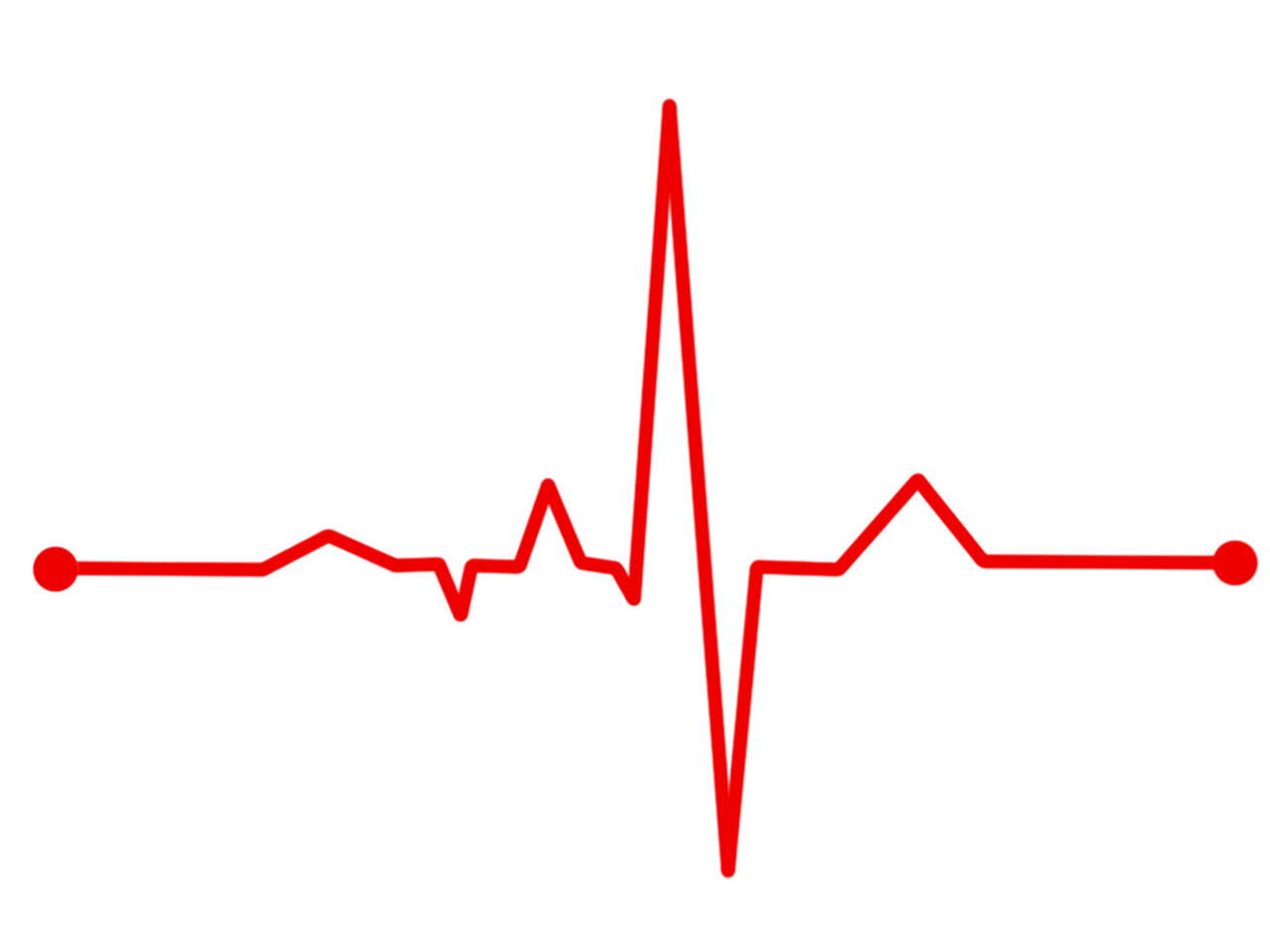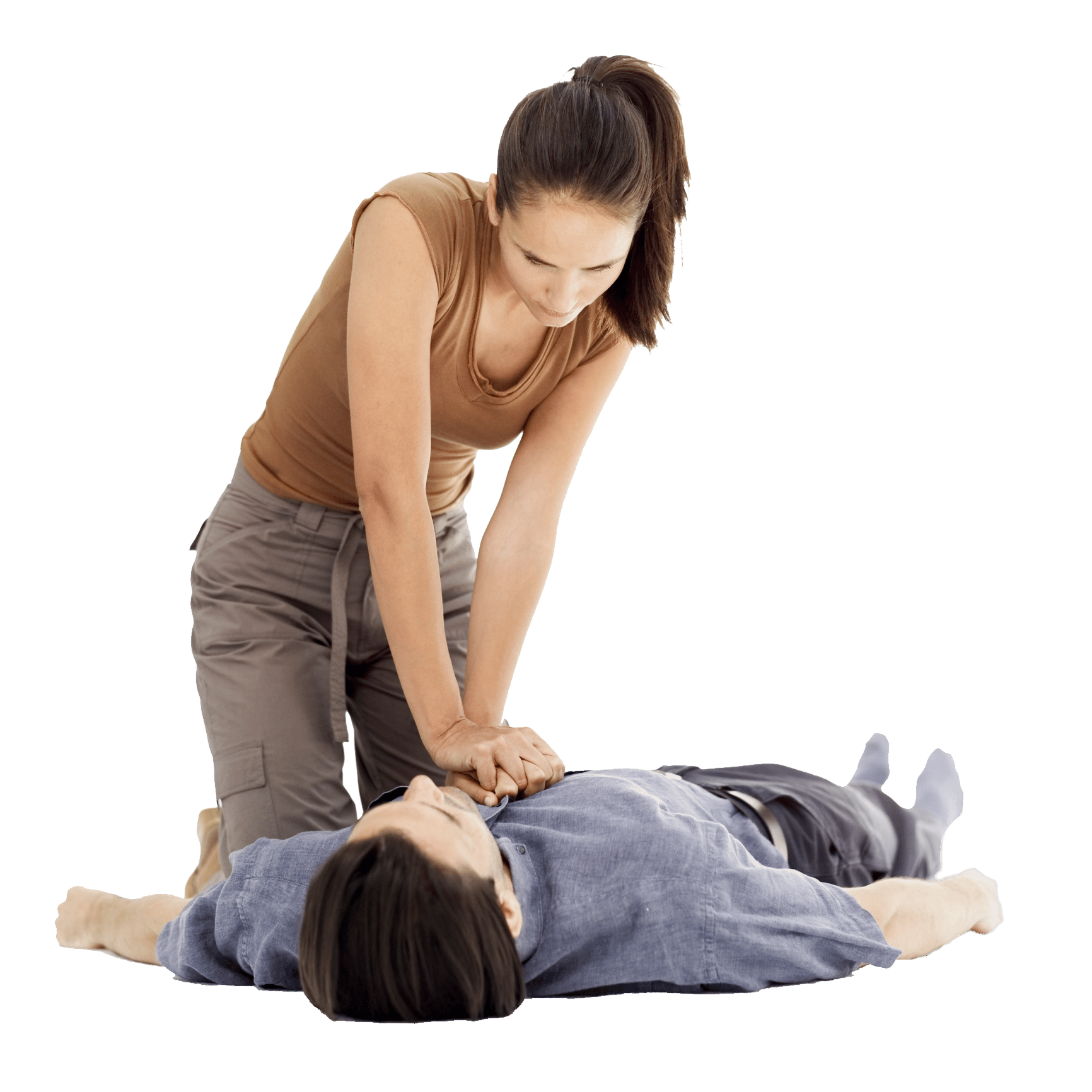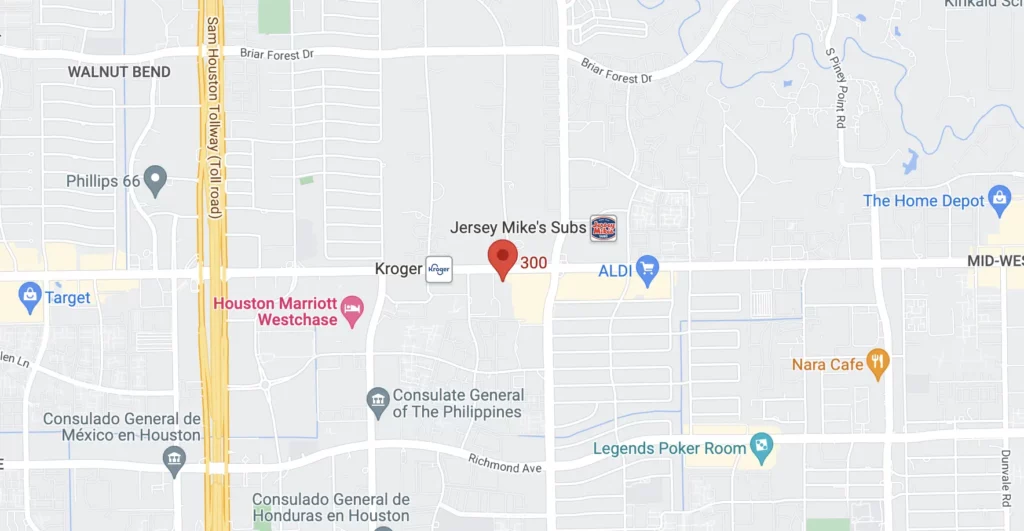Handle Emergencies with Proper CPR Training
Emergencies can happen anytime and anywhere, making it vital to know how to respond effectively. Whether at home, at work, or in a public space, being prepared with CPR skills can make all the difference. Recognizing when CPR is needed is often the first critical step in saving a life.
From sudden collapses to a lack of breathing, knowing the signs that indicate an emergency can guide your actions. Quick thinking is essential, as every second counts when someone’s life is on the line. Mastering basic CPR skills like chest compressions and rescue breaths, along with learning how to use an AED, equips you to confidently manage these tough situations.
For those in Houston, staying informed and updated with regular CPR training is important. It not only builds competence but also boosts the confidence needed to stay composed during emergencies. Let’s explore how you can sharpen your abilities to ensure you’re ready to step up and help when it matters most.
Recognizing Emergency Situations
Recognizing when CPR is necessary is crucial for taking action swiftly. Certain signs can inform you that CPR might be needed. A sudden collapse is a major red flag. If someone suddenly falls and doesn’t respond, it’s a sign that something seriously wrong might have happened, like cardiac arrest. Another key indicator is a lack of breathing or only gasping sounds. This suggests the heart may not be pumping blood effectively.
Assessing the situation quickly and accurately is vital. First, check if the person is responsive by gently tapping and speaking to them. Look, listen, and feel for breathing. If they’re unresponsive and not breathing or not breathing normally, these are signs to begin CPR. Being able to determine this quickly helps start interventions that could save a life.
Common scenarios where CPR might be required include choking incidents, drowning, or sudden cardiac occurrences. Someone who is choking may not be able to breathe, while drowning cases often involve a lack of oxygen, requiring immediate attention. Cardiac arrest is another situation where CPR can be lifesaving, as it gets the heart beating again and helps maintain blood circulation.
Recognizing these emergencies efficiently ensures that the necessary aid can be provided as soon as possible, maximizing the chances of a positive outcome for the person in need.
Essential Skills for Effective CPR
Knowing the key skills involved in CPR is necessary for effective action during emergencies. Here are the core components:
1. Chest Compressions: This skill involves pressing hard and fast on the victim’s chest. It helps keep blood flowing to vital organs until professional help arrives.
2. Rescue Breaths: Supplying air to the person’s lungs is critical. Rescue breaths are delivered every few compressions to increase oxygen levels in the blood.
3. Using an AED: An Automated External Defibrillator is used to analyze the heart’s rhythm and deliver a shock, if needed, to help restore a normal rhythm.
Each skill plays a vital role in the lifesaving process. Chest compressions keep the blood circulating, rescue breaths ensure oxygen is available, and the AED potentially reboots the heart’s normal rhythm. Together, these skills work in harmony to give the person the best chance of recovery.
Tailoring these techniques to suit infants, children, and adults is also essential. The size and physical condition of the patient dictate the force and frequency of compressions, as well as the volume of rescue breaths. Understanding these differences ensures that the care provided is appropriate for each age group, enhancing the effectiveness of CPR.
In mastering these essential skills, one becomes capable of providing life-sustaining aid in critical moments, thus playing a crucial part in emergency response efforts.
Maintaining Composure During Emergencies
Staying calm during an emergency is vital. It helps you think clearly and act quickly, which can make a big difference in how well you handle the situation. When panic sets in, mistakes can follow. Here are some useful tips to keep your cool:
1. Take Deep Breaths: This prevents panic and helps you focus on the task at hand.
2. Have a Mental Plan: Knowing what to do next can reduce anxiety. Go over the steps in your head and follow them one at a time.
3. Stay Informed: Understanding protocols means you’re less likely to hesitate. Stick to your training and stay focused on each action.
Mental preparedness is key in emergency situations. Being mentally ready means you can think clearly and make better decisions under stress. Training helps with this by giving you the skills and knowledge to feel more confident. Confidence comes from practice, and the more comfortable you are with what to do, the better you’ll handle emergency stress.
By keeping calm and composed, you ensure that you provide the best possible care. This not only helps the person in distress but also reinforces your ability to manage emergencies effectively.
Importance of Regular CPR Training
Regular CPR training is essential. It ensures you remember the critical skills needed and stay ready to act in emergencies. Renewal training refreshes what you’ve learned and keeps your knowledge up-to-date. Skills can fade if not practiced, and new techniques develop over time. Staying trained means your skills are sharp and effective.
There are several options for CPR classes in Houston. Hands-on training is critical as it allows you to practice with experts guiding you, ensuring techniques are performed correctly. Classes typically cover all age groups, from infants to adults, so every situation is covered.
Continuous learning is vital. It keeps your skills fresh and aligns them with the latest medical guidelines. Regular training boosts the confidence you need to step in during any emergency. It also ensures you’re fully prepared to perform CPR with proficiency and confidence.
Be CPR Certified with Rapid CPR Houston Today
CPR is a crucial skill that everyone should learn. It prepares us for unexpected emergencies and gives us the ability to be a lifesaver. From recognizing the signs to knowing how to perform the essential skills, CPR training empowers individuals to provide immediate aid. Maintaining composure under stress and regularly updating skills through training are key aspects of effective emergency response.
In Houston, choosing a training provider that offers comprehensive classes is important. This ensures you gain valuable hands-on experience and tailored instruction. Continuous practice and learning are fundamental to staying prepared.
To make sure you’re ready to act when seconds count, consider taking a CPR certification class at Rapid CPR Houston. Our expert instructors provide the guidance and training you need to build confidence and skill, ensuring you’re prepared to save lives when it matters most. Join us to learn these important skills and become a part of a lifesaving community.
